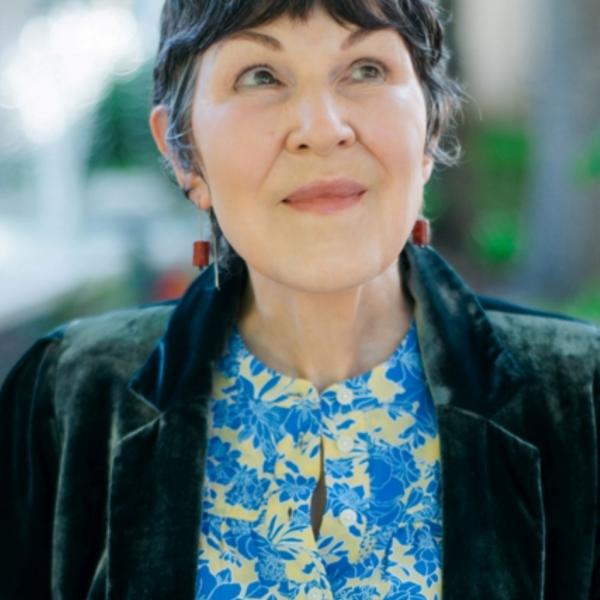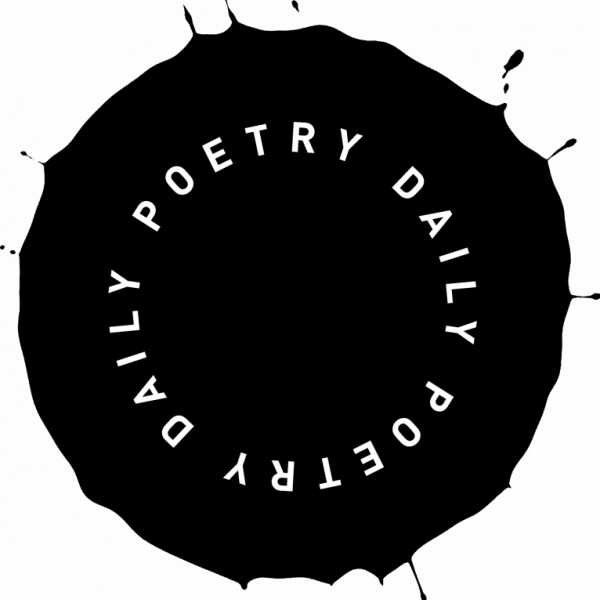Professor Melanie Micir, together with Duke’s Aarthi Vadde, received the 2019 Florence Howe Award for Feminist Scholarship in English for the essay, “Obliterature: Toward an Amateur Criticism,” which was published in Modernism/modernity in September 2018. The award is given annually by the Women’s Caucus for the Modern Languages, an allied organization of the Modern Language Association. Rebecca Colesworthy, Editor for the SUNY Press, announced the award with the following citation at this year’s MLA Convention in Seattle:
"In this ambitious and timely essay, Melanie Micir and Aarthi Vadde push past an either/or antagonism between critique and post-critique that has been a centerpiece of literary studies for the past 10+ years. Turning to two feminist writers--Virginia Woolf and Kate Zambreno--they instead focus on a distinction between professionalism and amateurism. While nominally opposed to what we tend to recognize as expertise, amateurism, in their view, is also a source and site of expertise in its own right, albeit one that is not ensconced in, or fully supported or employed by, institutions such as the university. In this vein, the authors provocatively suggest that conceptual and material links might be drawn between the figure of the amateur and the figure of the adjunct. That they explicitly engage the issue of casualization and recognize it as a feminist issue is one of the essay’s major merits. So, too, is its effort to chart an alternative feminist approach to theorizing and evaluating the history and future of literary criticism. Perhaps most significantly, however, the essay prompted a fair bit of disagreement and debate among the awards committee--not about the essay’s caliber. There was no question about that. Rather, it raised important questions for us, as feminist scholars, about the stakes of focusing on the figure of the amateur at this particular moment, of comparing different institutional conditions of production, and of literary criticism in and beyond the academy right now."




